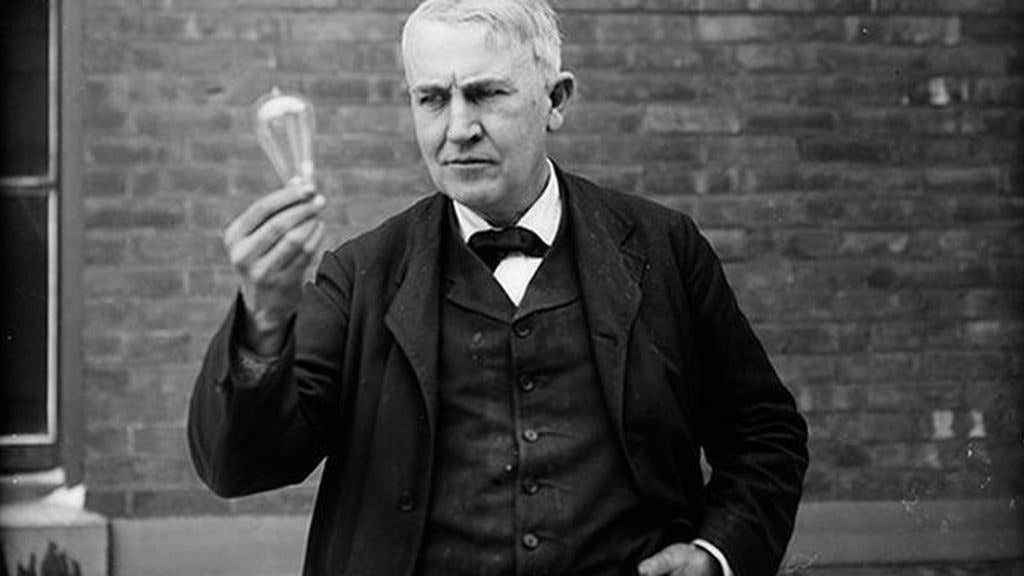Daily internet use could prevent dementia, study finds
Groundbreaking research study looks at whether the way older adults use the internet might influence their risk of developing dementia

While the internet’s role in our cognitive health is still a nascent field of study, the early results underscore the importance of balanced digital engagement as we age. (CREDIT: Getty Images)
The digital age has sparked ongoing interest in how internet use impacts health, particularly among older adults. Recent research offers a fresh perspective, investigating whether internet habits could influence the risk of dementia later in life.
Conducted by experts from NYU's School of Global Public Health, the study appeared in the Journal of the American Geriatrics Society. Unlike previous research that largely emphasized the negative effects of internet use, especially in older populations, this investigation took a different route, highlighting potential cognitive benefits that had previously been overlooked.
The researchers examined long-term health outcomes related to internet usage over 17 years. They followed adults aged 50 to 65 who initially showed no signs of dementia, drawing data from the extensive Health and Retirement Study managed by the University of Michigan, which tracks approximately 20,000 older American adults.
From 2002 to 2018, every two years, participants shared details about their internet habits. They reported whether they regularly went online and how much time they typically spent browsing. Their responses provided clear patterns about internet usage and lifestyle shifts among older adults.
The study found a notable diversity in online behavior. Around 65 percent of participants consistently used the internet. Interestingly, 21 percent of these individuals significantly altered their browsing habits during the study's duration. Sadly, dementia developed in some participants, while others passed away before the study concluded.
The results revealed compelling differences. Regular internet users showed a remarkably low dementia risk of just 1.54 percent. In sharp contrast, non-users experienced a dramatically higher risk of 10.45 percent, suggesting a significant protective effect of regular online engagement.
Further analysis highlighted the striking impact on the timing of dementia onset. Regular internet users faced only half the risk of developing dementia compared to their offline peers, indicating substantial potential benefits in maintaining cognitive health.
These findings challenge traditional assumptions about internet use among older adults. By shifting attention toward potential cognitive advantages, the study opens new avenues for preventive strategies against dementia, emphasizing that the digital world could offer essential health benefits beyond common perceptions.
Related Stories
- Common back pain medication linked to higher risk for dementia, study finds
- People diagnosed with dementia are living longer, major study finds
- Scientists discover sugar’s surprising role in Alzheimer’s and dementia
However, the study also pointed to the importance of moderation. There appeared to be a connection between excessive internet use—defined as more than two hours a day—and an increased risk of dementia.
Gawon Cho, one of the researchers, explained, "Among older adults, regular internet users may experience a lower risk of dementia compared to non‐regular users. Longer periods of regular internet usage in late adulthood may help reduce subsequent dementia incidence. Nonetheless, using the internet excessively daily may negatively affect the risk of dementia in older adults."
Claire Sexton of the Alzheimer's Association, although not involved in the study, provided additional insights. Speaking to Medscape, she remarked, "It may be that regular internet usage is linked with increased cognitive stimulation, which in turn reduces dementia risk. Alternatively, individuals inherently at a lower dementia risk might naturally gravitate towards regular internet usage."
The study highlights the complexity of understanding the link between internet use and dementia risk. It's crucial to distinguish between correlation and causation. Just because two factors are related does not mean one causes the other.
Sexton emphasized the need for further research to fully understand the relationship between internet use and dementia risk. More studies are necessary to identify whether internet use directly affects cognitive health or if other factors are at play.
Nevertheless, the early evidence suggests that moderate internet use could have positive effects on cognitive health in older adults.
As digital connections become more central to daily life, findings like these offer both reassurance and practical advice.
The internet's role in cognitive health is a relatively new area of research, but the results so far highlight the potential benefits of balanced online activity as you age.
Engaging with the digital world in moderation might not only keep you connected but could also help protect your brain health as you grow older.
Note: Materials provided above by The Brighter Side of News. Content may be edited for style and length.
Like these kind of feel good stories? Get The Brighter Side of News' newsletter.



